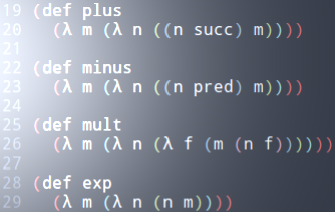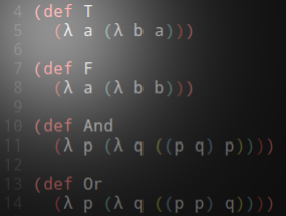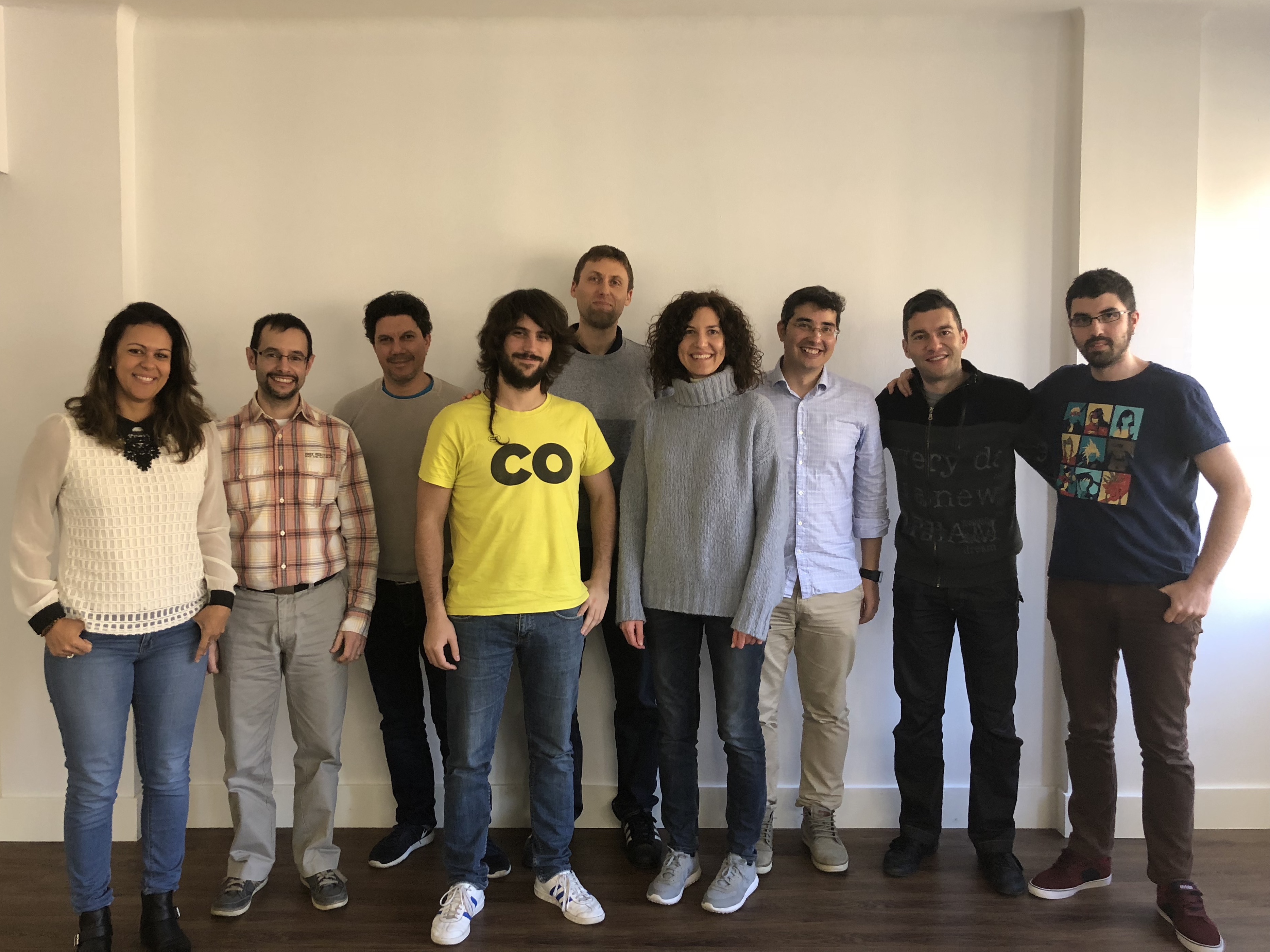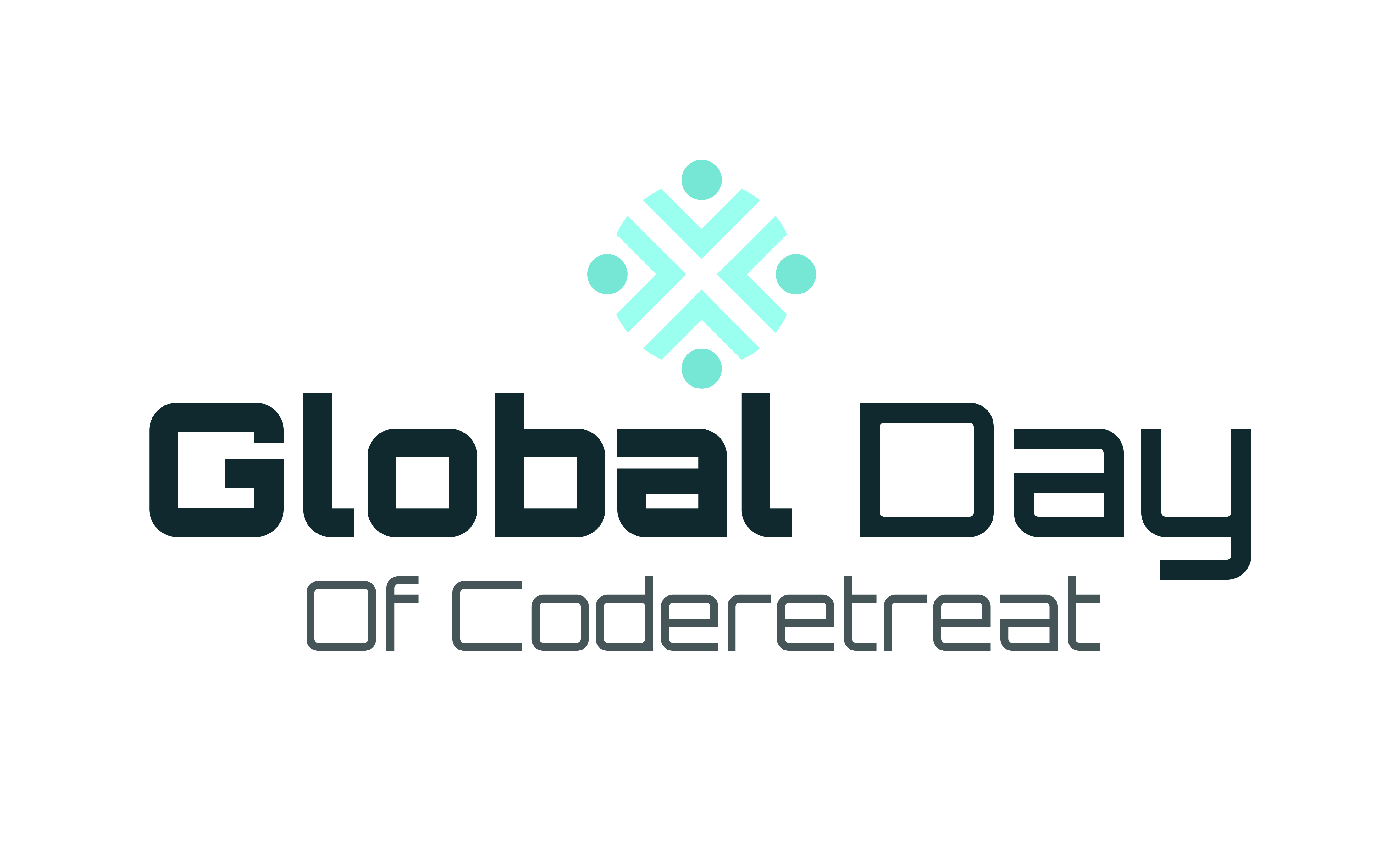CAREER OPEN HOUSE | 31st Jan, 7pm
We’re hiring Java and .NET Craftspeople in London & Barcelona. Come and meet us at our Career Open House on 31st January to learn more.
Shrinking Haskell Docker images using multi-stage builds
- By Liam Griffin
- Posted 21 Dec 2017
- haskell docker functional programming
I have recently discovered Docker's new multi-stage build feature. This has been a great help in answering my question of how to reduce the size of my haskell images for deploying, as the main haskell image on Docker Hub is over 1GB before you start adding things. This also means you don't have to maintain two Dockerfiles.
With multi stage builds we can use the haskell docker image to build our distributable executable, then copy this to a smaller image (in this case phusion/baseimage).
Here's an example Dockerfile for a project called haskell-example:
FROM haskell as build-env
WORKDIR /opt/server
RUN cabal update
COPY haskell-example.cabal .
RUN cabal install --only-dependencies -j4
ADD . .
RUN cabal install
FROM phusion/baseimage
WORKDIR /opt/server
COPY --from=build-env /opt/server/dist .
CMD ./build/haskell-example/haskell-example
Before, using just the haskell image: 1.87GB.
After, using multi-stage with baseimage: 249MB.
Image caching
There's just one problem with this method - the intermediate images are all marked as dangling. This means that if you do a docker system prune and rebuild, you will have install all your dependencies again, which takes a lot of time in the haskell world.
The workaround for this is to build an image using the build-env stage. This is done by specifying the target when building.
docker build -t haskell-example-dev --target build-env .
This keeps the image in the cache so it won't be prune'd.
Next steps
So we've shrunk our deployable image using phusion/baseimage, can we go further? The next step would be to use something like alpine as the production image, a mere 4.14MB. That's what I'll talk about next time :)
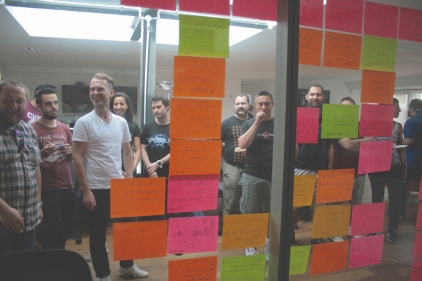
We're hiring!
Enjoying this article?
Related Blogs
Lambda Calculus in Clojure (Part 2)
- Sergio Rodrigo Royo
Functions
- Christian Panadero Martinez
Applicative Functors and data validation, part II
- Carlos Morera de la Chica
Lambda Calculus in Clojure (Part 1)
- Sergio Rodrigo Royo
Recursion
- Christian Panadero Martinez
On Tail Call Optimisation
- Richard Wild
Applicative Functors and data validation
- Carlos Morera de la Chica
Recent Blogs
Lambda Calculus in Clojure (Part 2)
- Sergio Rodrigo Royo
One Year of Codurance Barcelona
- Guillem Fernandez
Functions
- Christian Panadero Martinez
Applicative Functors and data validation, part II
- Carlos Morera de la Chica
Living a Coderetreat as a facilitator
- Raquel M Carmena
Tetris - Failed Experiment: Next Steps
- Dan Cohen
Lambda Calculus in Clojure (Part 1)
- Sergio Rodrigo Royo

Software is our passion.
We are software craftspeople. We build well-crafted software for our clients, we help developers to get better at their craft through training, coaching and mentoring, and we help companies get better at delivering software.
Latest Blogs
One Year of Codurance Barcelona...
Functions
Useful Links
Contact Us
London EC1V 0JR
Phone: +44 207 4902967
Carrer Aragó, 208
08011, Barcelona
Phone: +34 689 723 737
Email: hello@codurance.com

